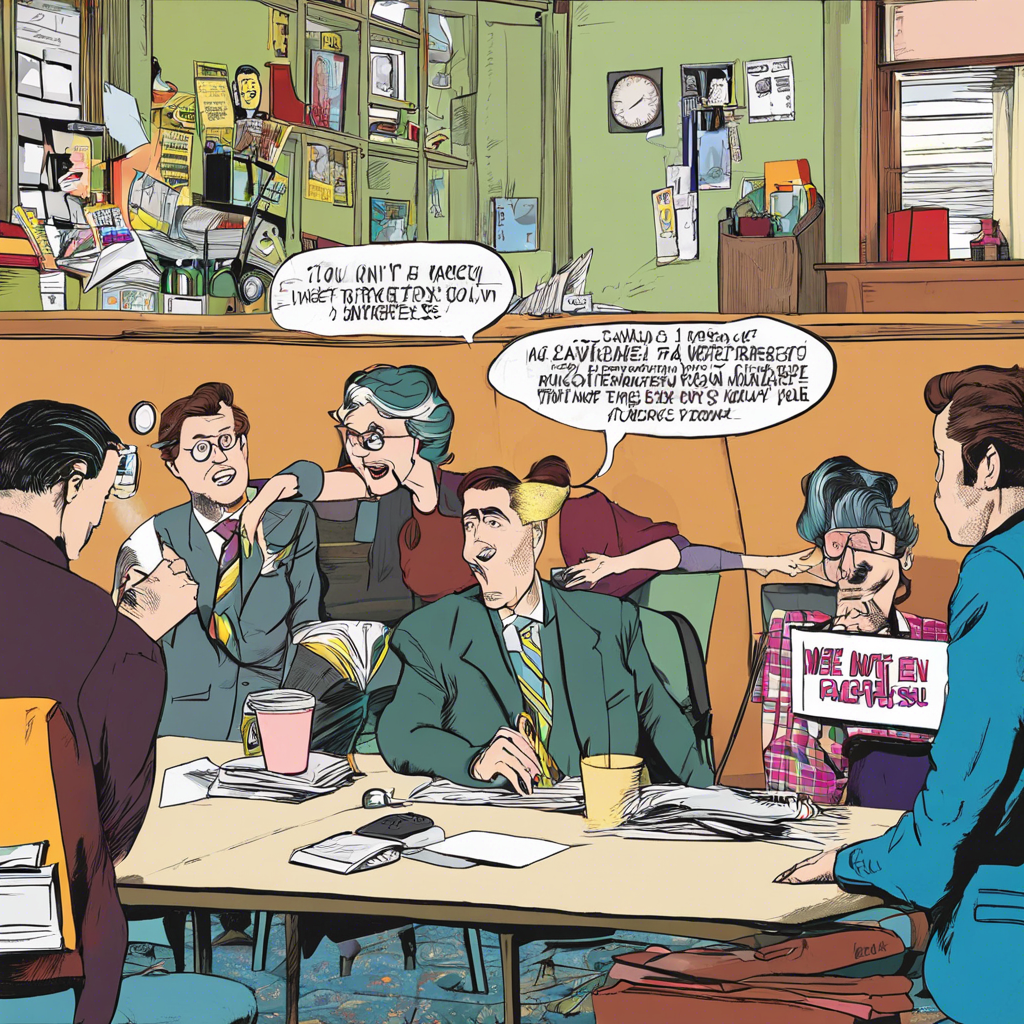We’ve all been there. That moment when you’re so overwhelmed, so exasperated, that the only suitable response is, “I can’t even.” It’s a phrase that has become increasingly popular, especially among millennials and Gen Z, to express a heightened sense of frustration or disbelief. But what exactly does it mean when we say we ‘can’t even’? This exclamation has evolved into a versatile linguistic tool, capable of conveying intense emotions succinctly. Whether you’re reacting to a shocking revelation, an infuriating situation, or an unbelievably absurd event, ‘I can’t even’ encapsulates a spectrum of extreme reactions that leave us genuinely at a loss for words.
This phrase often signifies a sense of surrender or defeat, acknowledging that the circumstances are simply beyond one’s ability to process or respond effectively. It’s as if our brains are momentarily paralyzed, unable to compute the information presented to us. In these instances, ‘I can’t even’ serves as a linguistic coping mechanism, allowing us to express our emotions without the need for elaborate explanations. It’s a shared understanding among peers, a collective acknowledgment of the absurdity of a situation.
The power of this expression lies in its ability to transcend language barriers, uniting people across cultures and languages. When faced with a shared feeling of bewilderment or frustration, the phrase ‘I can’t even’ becomes a universal language. It has become an integral part of our online communication, frequently used in social media posts, comments, and memes, providing a shorthand way to express a wide range of emotions. So, the next time you find yourself in a situation that leaves you speechless, remember you’re not alone. ‘I can’t even’ serves as a powerful reminder that sometimes words simply can’t do justice to the depth of our reactions.

